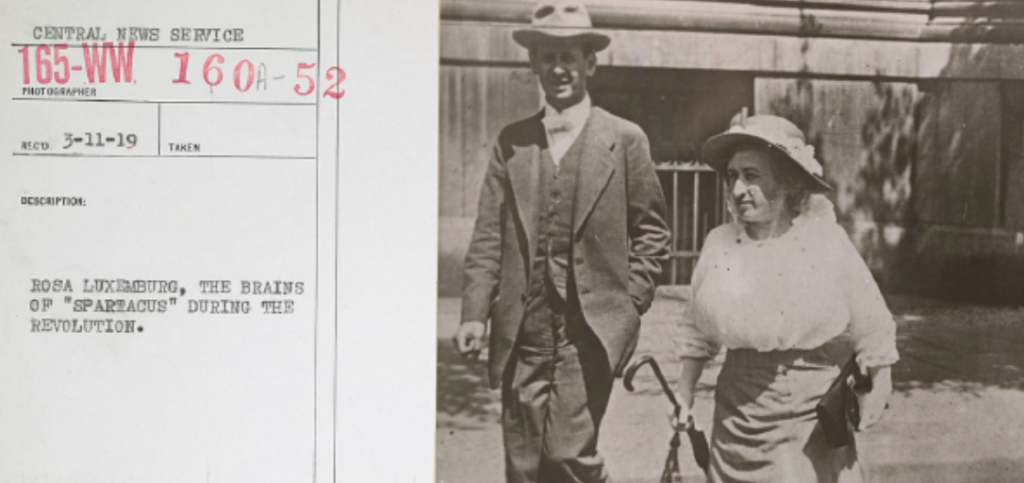The Spectre of American Fascism; or, The First Pluviôse 1
January 20, 2025

“If it lies in the class interest of the bourgeoise to conceal the crux of economic history – the pattern of the relationship of labor-power to the means of production – and its changing historical character, the interest of the proletariat is conversely to bring this relationship to the fore and make it the measure of a society’s economic structure.”
Today is the first day of the second presidency of Donald Trump. It is also the national holiday celebrating the life and legacy of Dr. Martin Luther King Jr. According to the revolutionary French calendar, it is the first day of the Month of Rain (Pluviôse), a fitting title for the horrific commencement of a racist and fascist administration on a day reserved for the celebration of an anti-racist, anti-fascist, and anti-capitalist martyr. The first inauguration of Trump was met with protest, indignation, and rage; four years later, we’ve planted our heads firmly in the sand. But in our hearts we know the truth: fascism is no longer a spectre of the 20th century. It has been resurrected by the death cult of one large orange man and his psychotic coterie of neo-Nazi billionaire space-cowboys. How did it come to this?
The revolutionary political economist, Rosa Luxemburg, argued that capitalism is designed to work this way. Capitalism is designed to disrupt and dismantle those institutions of the state that stand between the free reign of capital (i.e. free-market capitalism) and any attempt by the public to constrain it (state socialism). The free-reign of capital, she believed, would ultimately destroy the institutions of the state created to foster it: law, civil service, public education et cetera. The end game of capitalism was free capital with no restraint; she called capitalism without public limitation “barbarism”; in the 20th century, it took a Latin name: fascism.
Greco-Roman antiquity was once a central issue in Marxist and socialist thought because these ancient entities provided the models for modern democracies and republics. It therefore remains a vital area of study, not to be praised for its abstract “greatness,” but as an essential component of understanding the rise of global capitalism and the threats of fascist regimes today. We believe, as Luxemburg did, that fighting fascism cannot be done without knowledge of this history.
The mission of the Sub Roza project is to remove the red and blue glasses of conservatism and neoliberal progressivism, exposing the costumes of antiquity, long withered yet still clinging to the grotesque bodies of politicians, clients of capital, who sold their people for corporate profit. We therefore created this website to offer expanded commentary on Luxemburg’s writings on ancient slavery and political economy, to offer reflections on these writings based on our knowledge as scholars of the ancient past, and to provide bibliographic resources for the benefit of like-minded comrades.
Of course, the readings and resources we provide are intended to go hand-in-hand with radical activism for the future of humanity. The reforms of American democracy have failed because they were never sustainable in the first place under the capitalist logic of profit. It is in the roots (Latin radices) of the history of democracy, in the history of republics, in the history of slavery, that we find the answers to the origins of modern-day oppression from which we can craft a humanist, socialist future.
Last edited January 20, 2025.
- Our site (subroza.org) was launched on election day, Nov. 5th 2024, and it is dedicated to preserving the work of Rosa Luxemburg and revitalizing the historical materialist approach to the study of ancient Greece and Rome. This post was written on Jan. 20th, 2025 on the day of President Trump’s second inauguration to the presidency of the United States. ↩︎